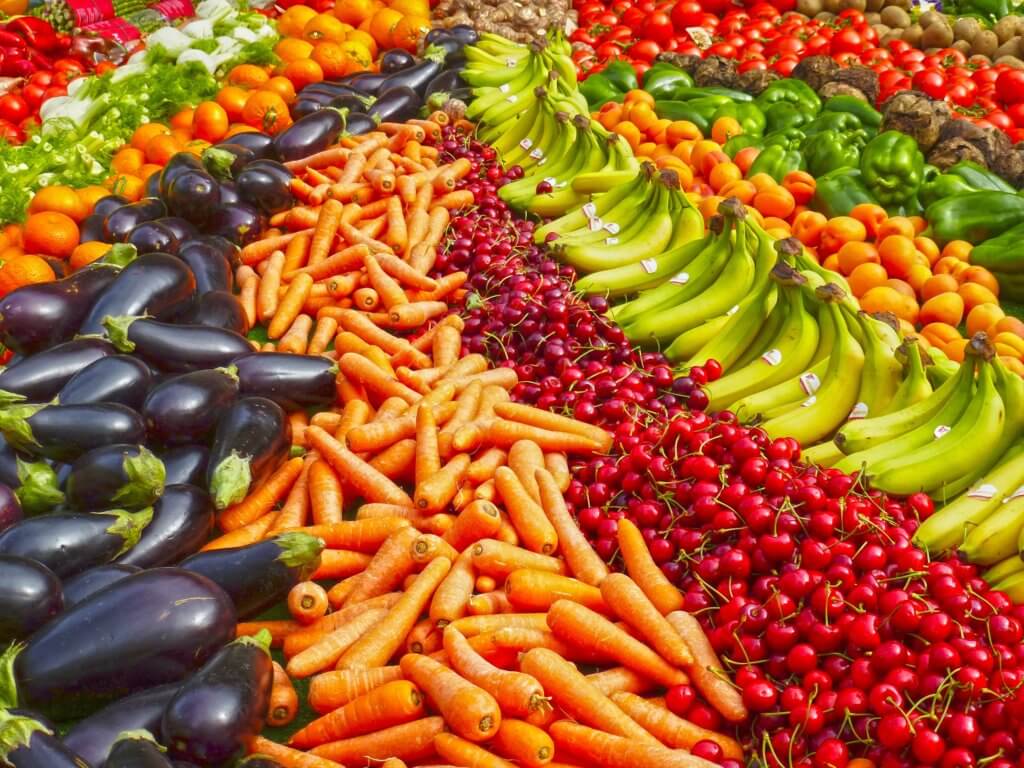
(Photo by Amina Filkins from Pexels)
BIRMINGHAM, United Kingdom — A diet rich in fruits and veggies may be the key to ensuring pregnant women reach their delivery date without any problems. Seafood, dairy products, and eggs also reduce the risk of miscarriage, according to researchers from the University of Birmingham.
“Miscarriage is common, with estimates suggesting 1 in 6 pregnancies end in miscarriage, and there are many known causes, from problems with the baby’s chromosomes to infections in the womb. There’s a growing body of evidence to show that lifestyle changes - including changes to diet, stopping smoking and not drinking alcohol - before conceiving and in your pregnancy’s early stages - may have an impact,” says study leader Dr. Yealin Chung.
“Yet nearly 50% of early pregnancy losses remain unexplained and in the absence of a cause, parents often turn to their healthcare providers for guidance on the best ways to be as healthy as possible and reduce the risk of future miscarriages.”
The Tommy’s National Centre for Miscarriage Research team analyzed 20 studies that explored the connection between women's eating habits months prior to birth as well as shortly after conception in order to note differences in miscarriage risks. This research included data from almost 64,000 women of reproductive age, and the analyzed studies mainly focused on the months before conceiving and the first three months of pregnancy. The team also collected diet information through food frequency questionnaires.

Eating enough fruit cuts miscarriage risk in half
In comparison to low consumption, results show high fruit and vegetable intake appears to have a link to a 61-percent and 41-percent reduction in miscarriage risk, respectively. They also found that dairy appears to contribute to a 37-percent reduction, while grains and seafood and eggs adding a 33-percent and 19-percent drop in miscarriage risk, respectively. Meanwhile, a highly processed diet displays a connection to an increased risk of miscarriage.
“We strongly encourage couples to consider the importance of making positive lifestyle choices when planning for a family, and to continue with these healthy choices throughout their pregnancy and beyond. By knowing that positive lifestyle choices can make a significant difference in reducing the risk of miscarriage, couples can feel empowered to take charge of their health and the health of their baby,” adds Dr. Chung in a university release.
While miscarriage often isn't within one's entire control, it's important to discuss ways to be as healthy as possible for those intending to become pregnant or are already expecting. The Tommy's team concludes that more research in this area is imperative, particularly looking into whether the relationship between food groups or a specific diet is causal. Further, more studies that help accurately estimate the efficacy of diet change could be crucial for conception and pregnancy research, therefore helping future parents make informed decisions about health for themselves and their families.
The findings are published in the journal Fertility and Sterility.










